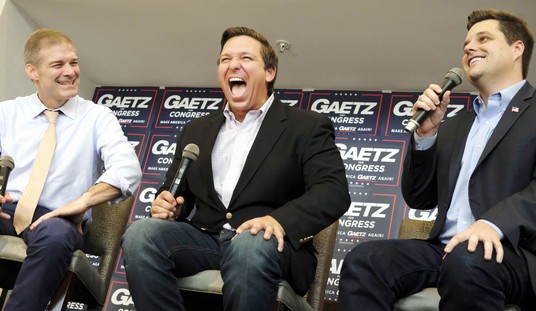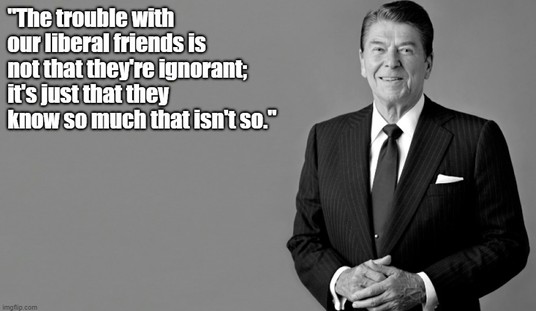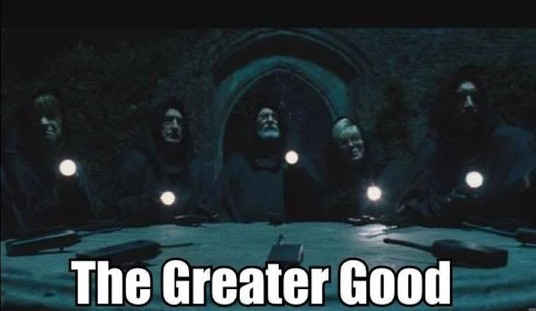As Twitchy reported, President Obama continued to impress his progressive fans Thursday by magically making more federal inmates’ sentences disappear in his effort to prove that America, the country that reelected him, truly is a nation of second chances, at least while he’s running it.
Thursday’s 58 commutations came on the heels of the administration’s National Reentry Week, intended to highlight ways to ease former inmates’ transition back into society. And much as the Associated Press instructed its reporters to stop using the word “skeptics” to describe those “who don’t accept climate science” in favor of “climate change doubters” or “those who reject mainstream climate science,” the Justice Department is hoping changes to the language will help alter people’s preconceptions.
Original “Wheel of Fortune” host Chuck Woolery is catching up with the times:
It's good to know that criminals are not considered criminals anymore. No more Felons either. Now known as people who committed crimes?
— Chuck Woolery (@chuckwoolery) May 6, 2016
That’s right. Assistant Attorney General Karol Mason was handed a guest spot in the Washington Post to explain why the Justice Department’s Office of Justice Programs is going to stop using the words “felon” and “convict” to describe those who have served their time — or, we should add, those whom the president has determined have served too much time for his pleasure.
Recommended
New blog by AAG Karol Mason about the impact of terminology used to describe formally incarcerated people #reentry https://t.co/ASmwriXv6I
— OJP (@OJPgov) May 4, 2016
Mason explains:
… many of the formerly incarcerated men, women, and young people I talk with say that no punishment is harsher than being permanently branded a “felon” or “offender.”
… I have come to believe that we have a responsibility to reduce not only the physical but also the psychological barriers to reintegration. The labels we affix to those who have served time can drain their sense of self-worth and perpetuate a cycle of crime, the very thing reentry programs are designed to prevent. In an effort to solidify the principles of individual redemption and second chances that our society stands for, I recently issued an agency-wide policy directing our employees to consider how the language we use affects reentry success.
The officially approved terms in Mason’s office are “person who committed a crime” and “individual who was incarcerated,” which decouple the person from his or her actions and anticipate “the contributions we expect them to make when they return.”
Mason urges others to retool their vocabularies, and they have. Notice how the Leadership Conference on Civil and Human Rights corrected ultra-conservative MSNBC’s news story about the restoration of “felon” voting rights in Virginia.
Republicans in Virginia are challenging @GovernorVA's restoration of voting rights to formerly incarcerated people. https://t.co/0F2ob8siQd
— The Leadership Conference (@civilrightsorg) May 2, 2016
The Justice Department has yet to introduce new, complementary language to describe the corresponding victims of individuals who were incarcerated, but we’ll keep our ears open.
Related:
























Join the conversation as a VIP Member